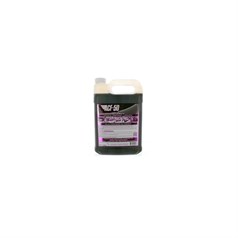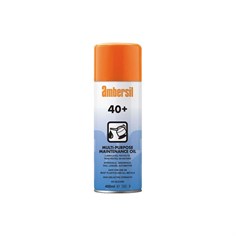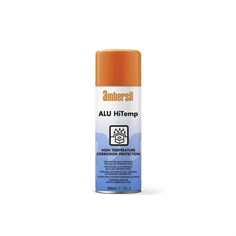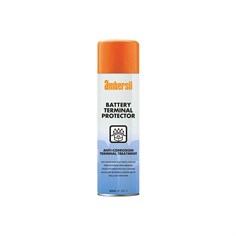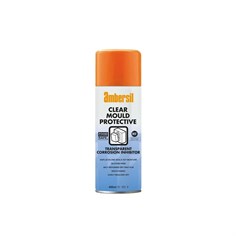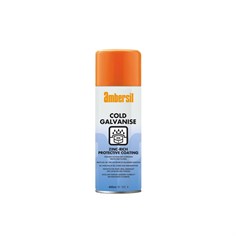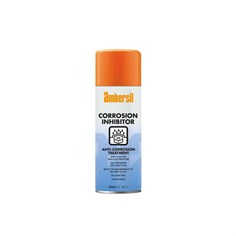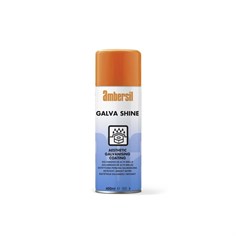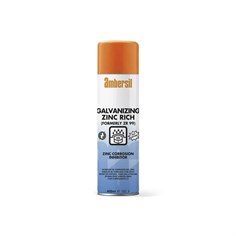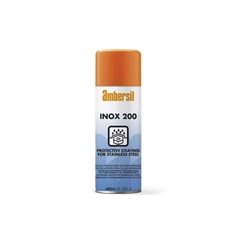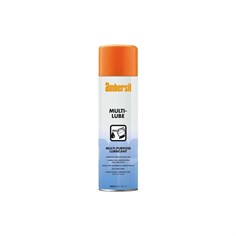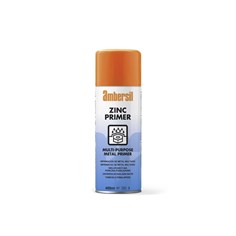- Home
- Lubricants
- Corrosion Inhibitors
Corrosion Inhibitors
Corrosion inhibitors are protective coatings that are applied to metal components to prevent rust and wear. They create a barrier between the metal surface and corrosive agents like water and salt. Corrosion inhibitors are often used on machinery and equipment in outdoor locations or high humidity environments. Pipes and water tanks are common examples.
Corrosion inhibitors can also be added to water to prevent leaching of metal from pipes.
Conro offers a wide choice of corrosion inhibitors from major manufacturers such as Ambersil.
Conro is an authorized distributor for Ambersil.
Types of corrosion inhibitors
- Anodic inhibitors: They react with oxygen to form a thin oxide film on the surface of the metal. The layer causes an anodic shift. This reduces the corrosion potential of the surface. Examples include: chromates, nitrates, molybdates and tungstate. These inhibitors are the most effective and the most widely used.
- Cathodic inhibitors: They can act in two ways. Cathodic poisons or precipitates slow the cathodic reaction itself. Oxygen scavengers limit the diffusion of elements such as hydrogen or oxygen. Examples of the first type are arsenic and selenium ions. Examples of the second type are sulfite ions.
- Mixed inhibitors: These compounds form a film or precipitate. Their action reduces both the cathodic and anodic reactions. Examples include silicates and phosphates. Commonly used to prevent the formation of rust water.
- Volatile corrosion inhibitors: VCIs form a protective film a few molecules thick. They are transported by volatilization. For example, in boilers, volatile substances such as morpholine or hydrazine are transported with steam to prevent corrosion in condenser tubes.




